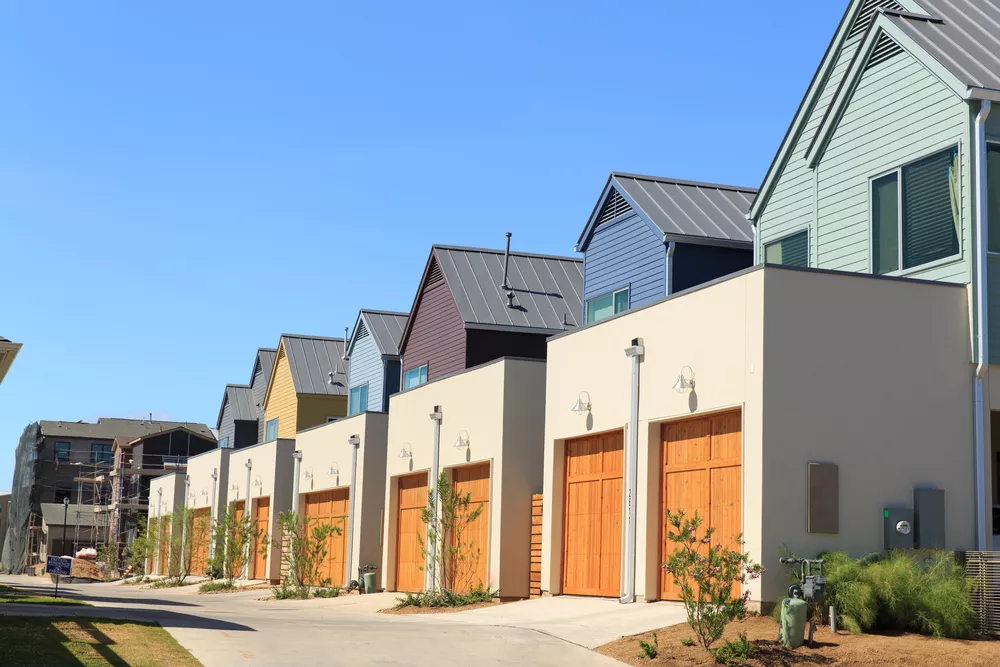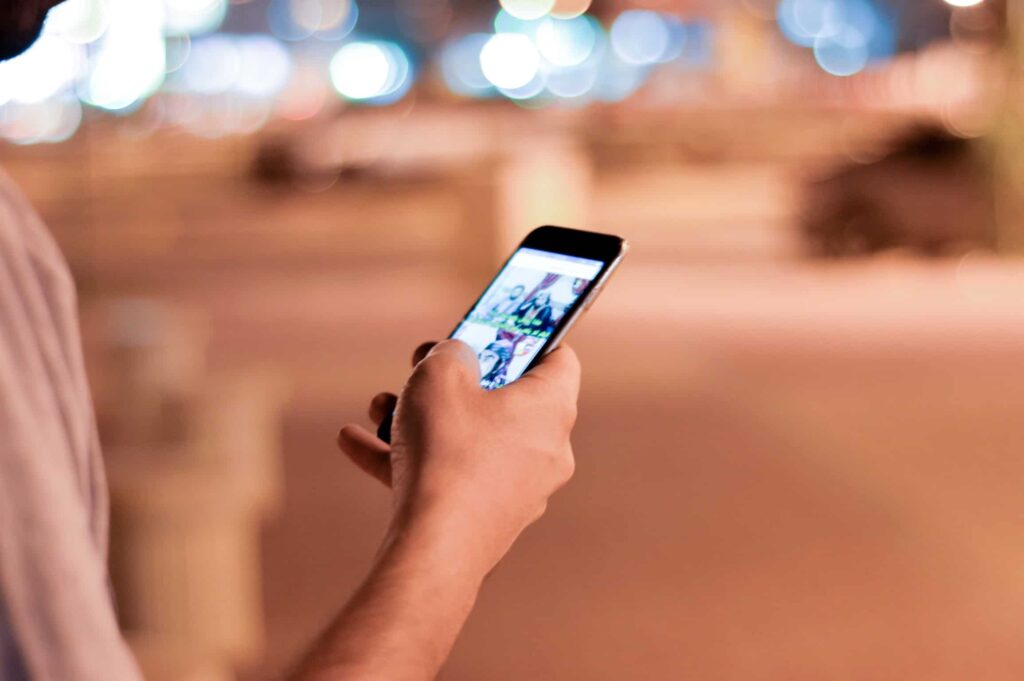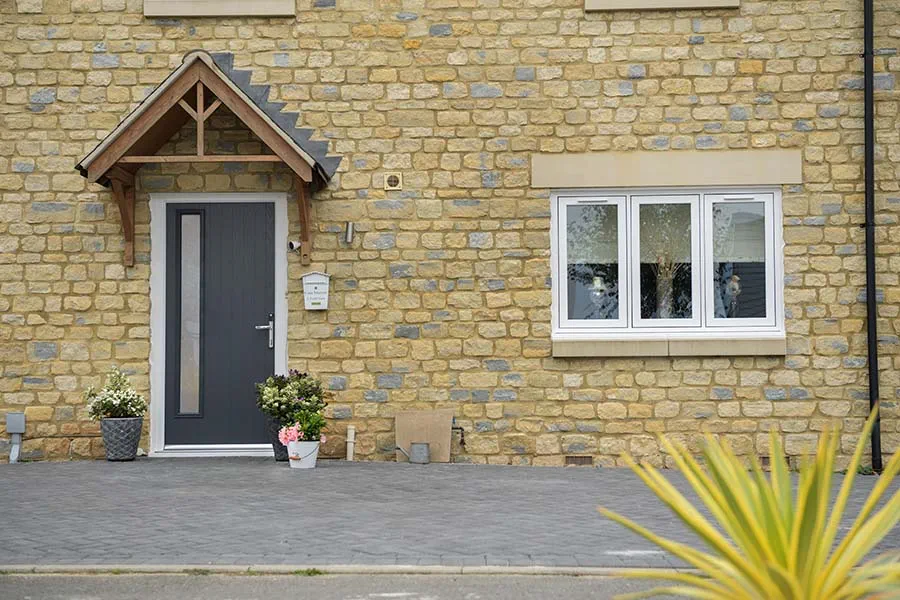Earlier this year the US Surgeon General, Vivek Murthy called attention to an unusual epidemic affecting us: an epidemic of loneliness. Because it’s something we’ve all experienced it, many of us are not surprised. On the other hand, it is unusual given that our lives are simultaneously more interconnected than in the past. What’s going on?
The Harvard Study of Adult Development
One of the longest running studies in the social sciences is the Harvard Study on Adult Development. It has been collecting data for over 80 years aimed at answering a simple question: What makes us happy in life? The study’s director is Robert Waldinger, MD. Not long ago, he gave a TED Talk in which he conveyed the most important lesson: that positive relationships make us happier, healthier, and make us live longer. Period. It was not money, fame, education, success or any other measure. It was having good social relationships with loved ones.
Likewise, those who suffered the opposite, i.e. those who experienced loneliness, were more likely to die younger, suffer chronic diseases, and be unhappy. Statistics gathered from the Surgeon General’s report bear this out:
- Lacking connection can increase the risk for premature death to levels comparable to smoking 15 cigarettes a day
- Loneliness impacts health: 29% increased risk of heart disease; 32% increased risk of stroke; 50% increased risk of developing dementia for older adults.
- Across age groups, people are spending less time with each other in person than two decades ago. The advisory reported that this was most pronounced in young people aged 15-24 who had 70% less social interaction with their friends.
Even before the COVID-19 pandemic, about half of U.S. adults reported experiencing measurable levels of loneliness. Murthy said loneliness isn’t a uniquely American problem, but instead a feature of modern life around the globe. “And you can feel lonely even if you have a lot of people around you, because loneliness is about the quality of your connections.”
The Social Lives of Hunter Gatherers
Our ancestors lived together with their tribe composed basically of extended family and friends. Based on what we know of modern day hunter gatherers, they appear to live lives rich with social interactions. Estimates vary but anthropologists estimate that hunter gatherers may have spent 15 to 50% of their waking hours socializing. That’s roughly 2.5 to 8 hours a day socializing. In contrast, according the the US Bureau of Labor Statistics, Time Use Survey 2022, the average American spends about 30min a day socializing.
Mindless Consumerism & the Rise of Loneliness
What happened? As I alluded in last week’s post, culturally we’ve adopted and normalized a sense of radical privacy. Every individual needs their own room, car, screen, etc. I can imagine a future whereby virtual reality will further this tendency to the point where individuals dwell in their own worlds.
Some of our material possessions and living standards have led to greater isolation. Here are three of them:
Garages
I’ve written about this in Health in Flames and in other blog posts but largely about how garages undermine exercise. I’ll add here that we have also made it easy to exit our homes without interacting with our neighbors. Imagine if we had to walk 10 minutes to a communal parking area instead. Just as we would thereby ensure exercise is built into everyday life, the same would be true for social interaction. One could not but help but bump into neighbors and friends along the way.

Sure you do run into neighbors as you do your grocery shopping or other errands, but how often do we go shopping without any significant interaction with others? A lot of the time, we don’t interact since we don’t know many of our fellow shoppers. This is not the case for our neighbors.
Phones
This one is both obvious and not at all obvious. Yes, smartphones obviously are addictive and we spend more time on screens of all sorts (TV, ipads, smartphones). The more time we spend on our screens, the less we spend with others. This is nearly exclusively what everyone is talking about when they think of reasons for our social isolation.

Apart from the smartphone though, the plain telephone may, counterintuitively sometimes lead to social isolation. I only realized this because I was able to experience what life was like before phones. No, I’m not quite that old. By the time I was born phones were ubiquitous in America. However, I was born in India and though I came to America as a toddler, my family and I used to visit India frequently.
In the 1980s in the villages of Kerala in southern India where I am from, practically no one had a phone. What I observed and fondly recall was that people randomly showed up to your house without prior authorization. There really was no way to tell people ahead of time that you were going to show up at their houses. It was thus natural, not awkward to visit with friends and neighbors in a way that is lost today.
I’m not making the case against having telephones though. Some things are worth the compromise but it is a curiosity that makes me question the commonly accepted wisdom about the degree to which phones help us stay connected.
Heating and A/C

I briefly mentioned this in a previous post. This one is not intuitive and worth expounding on. How could heating and A/C have anything to do with social isolation? Again, my insight comes from reflecting back on my visits to rural India in the 1980s. Houses at that time in Kerala were more like open spaces with a roof and a few rooms (all common rooms – no private ones). Here’s the thing though: the rooms were largely kept open to take advantage of natural airflow. When closed the air was stagnant and so rooms became uncomfortable. They lacked windows though there were windowless openings to allow for more airflow.
Homes had a veranda or you might say were mostly verandas. Most of the time “indoors” was spent on the verandas. The open floor plans seemed to invite social interaction in a way that is largely absent today. Random people, friends, neighbors, even kids walked up and started chatting.
Think of it this way, if you were to walk around your neighborhood, you might say hello to a person sitting on the front porch (which itself is increasingly rare). You almost certainly wouldn’t knock on a closed sealed off door just to say hello to a neighbor. Because air conditioning and heating require us to seal our homes – with doors and windows, we’ve literally closed the door to one another. We’ve made the natural art of socializing awkward and thereby less common.

